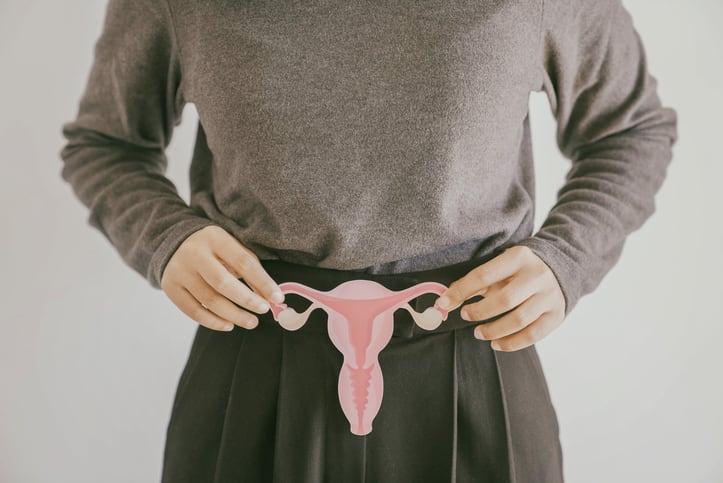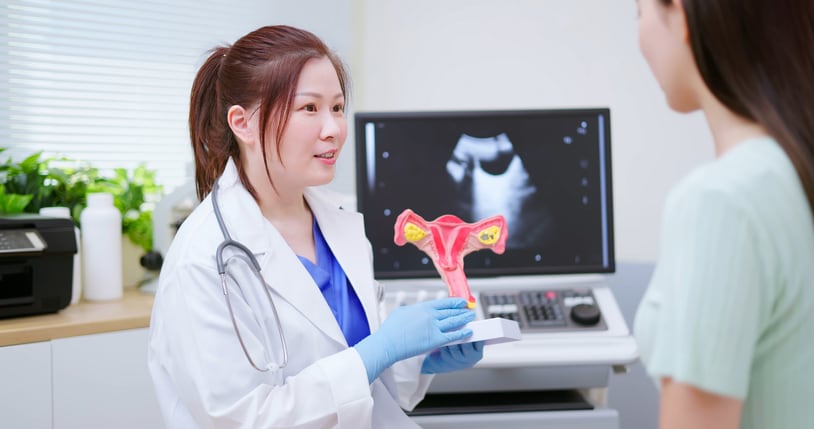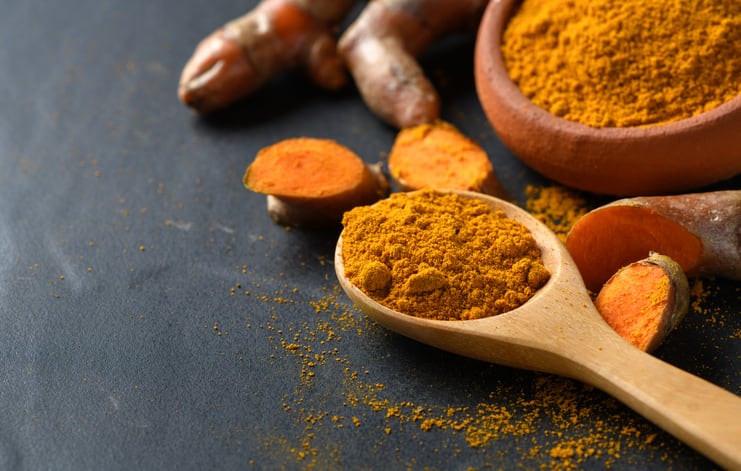Astaxanthin can lower inflammatory markers and modulate cell apoptosis – in this case, cell deaths seen in peripheral blood mononuclear cells (PBMCs). These are cells that help fight infections and other diseases.
This is according to new clinical findings published by a group of researchers from Iran in the Journal of Cellular and Molecular Medicine.
Between October 2021 and May 2022, 56 PCOS patients aged 18 to 40 were enrolled in this randomised, double-blind, placebo-controlled trial at the Omid Clinic in Tehran.
For eight weeks, the subjects were randomly divided into two groups. The intervention group took 12 mg of astaxanthin while the control group took placebo.
The levels of inflammatory markers TNF-α, IL18, IL6 and CRP were measured by obtaining blood samples from all patients before and after the trial.
Elevated levels of CRP or c-reactive protein, for instance, could indicate the presence of inflammation in the body. The higher the levels, the more severe the inflammation.
The researchers also assessed if the subjects’ menstruation cycles were regular and whether there was hirsutism – the growth of excessive male-pattern hair in women after puberty.
The study found that eight weeks of astaxanthin supplementation had lowered key inflammatory markers.
For instance, IL18 levels were down by 27.52 ± 43.92 pg/mL in the intervention group when the trial ended. This was a significant reduction as compared to the placebo group, which saw its IL18 levels increased by 9.05 ± 22.07 pg/mL instead.
Astaxanthin supplementation had also significantly reduced the genetic expression of CHOP, ATF4, XBP1 and DR5 as compared to the placebo.
These are transcription factors and proteins produced in higher numbers when there is endoplasmic reticulum (ER) stress to protect the cells.
The ER is an important part of the cell that helps with protein folding and transport – a process whereby proteins take on proper forms to function correctly and are transported to where they are needed in various cells.
The onset of ER stress is brought by glucose deprivation, inflammation, oxidative stress, as well as high free fatty acid levels, abnormal Ca2+ regulation and hypoxia.
However, if the ER stress cannot be alleviated, the cell undergoes apoptosis or cell death.
“The result indicated that, in PCOS women, 8 weeks of oral treatment of 12 mg ASX (astaxanthin) decreased serum levels of TNF-α, IL-18, IL-6 and CRP.
“In the treatment group mRNA expression levels of CHOP, ATF4, XBP1 and DR5 decreased compared to the placebo group,” said the researchers.
The reduction, however, was not statistically significant in ATF6 and GRP78 – two proteins that manage cell stress.
No adverse effects were noted in association with astaxanthin supplementation.
The study was funded by the Tehran University of Medical Sciences.
No significant improvements in menstrual irregularity
On the other hand, astaxanthin supplementation did not significantly improve menstrual irregularity, body mass index (BMI), hirsutism, or hair loss.
“In our study, ASX had no significant positive effect on BMI, hirsutism, hair loss and regularity of the menstrual cycle.
“It appears that ASX may benefit PCOS by changing the ER stress-apoptotic pathway and reducing serum inflammatory markers; however, additional research is required to determine this compound's potential relevance,” concluded the researchers.
Source: Journal of Cellular and Molecular Medicine
DOI: https://doi.org/10.1111/jcmm.18464
“Randomized clinical trial of astaxanthin supplement on serum inflammatory markers and ER stress-apoptosis gene expression in PBMCs of women with PCOS”
Authors: Masoome Jabarpour, Fardin Amidi et al.





